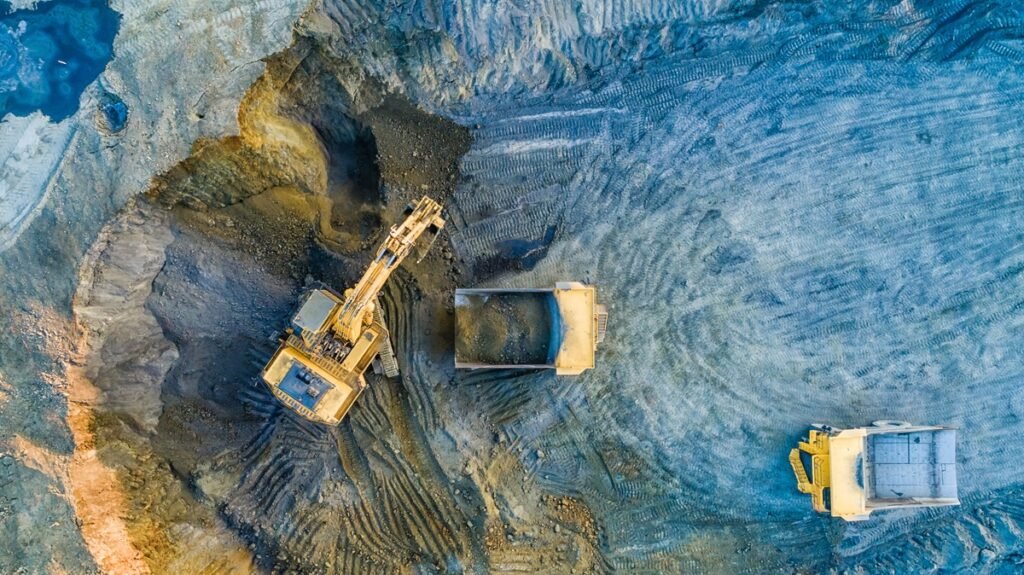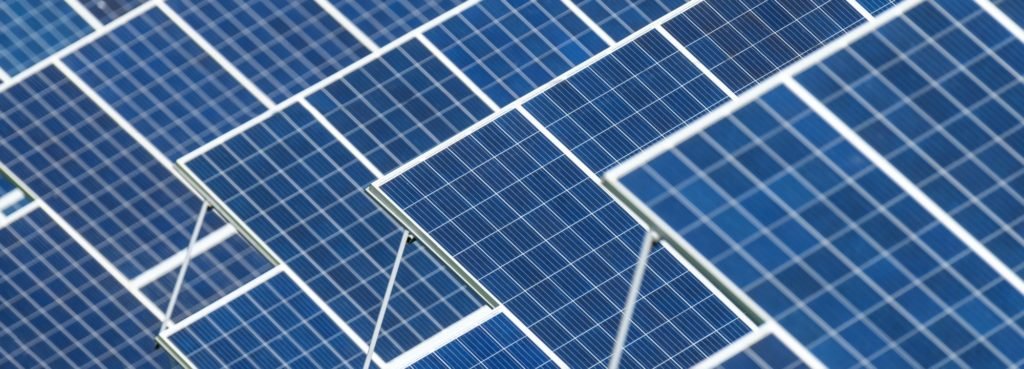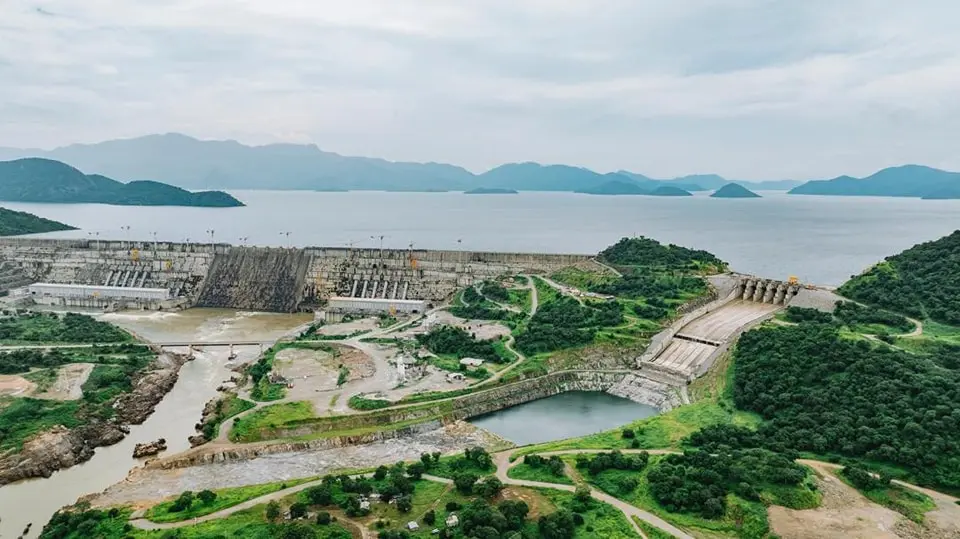Gridless bitcoin mining in Africa
Gridless Bitcoin Mining in Africa: Harnessing Renewable Energy for Sustainable Crypto Growth
Bitcoin mining has become a global phenomenon, but its energy-intensive nature raises concerns about environmental sustainability and reliance on traditional power grids. In Africa, however, a new trend is emerging: gridless Bitcoin mining . By leveraging renewable energy sources like solar, wind, and hydropower, African entrepreneurs and companies are creating decentralized, eco-friendly solutions to power cryptocurrency mining operations. This innovative approach not only addresses energy challenges but also fosters economic growth and technological innovation across the continent. In this blog post, we will explore the rise of gridless Bitcoin mining in Africa, supported by vivid image descriptions and insights into its benefits and challenges.

What is Gridless Bitcoin Mining?
Gridless Bitcoin mining refers to cryptocurrency mining operations that operate independently of centralized power grids. Instead, these setups rely on renewable energy sources, such as solar, wind, or hydropower, often located in rural or off-grid areas. This approach is particularly relevant in Africa, where access to reliable electricity remains a challenge for many communities.

Why Africa is Ideal for Gridless Bitcoin Mining
1. Abundant Renewable Energy Resources
Africa is blessed with some of the world’s richest renewable energy resources, including vast solar potential in the Sahara Desert, strong winds in coastal regions, and significant hydropower capacity in countries like Ethiopia and Zambia. These resources make it feasible to power energy-intensive activities like Bitcoin mining sustainably.
2. Decentralized Energy Solutions
With over 600 million people in sub-Saharan Africa lacking access to reliable electricity, decentralized energy systems—such as solar microgrids—are already being deployed across the continent. These systems can be easily adapted to support Bitcoin mining operations in remote areas.
3. Growing Interest in Cryptocurrency
Cryptocurrencies like Bitcoin are gaining traction in Africa as tools for financial inclusion, cross-border payments, and wealth preservation amid volatile local currencies. Gridless mining aligns with this growing interest by enabling Africans to participate in the global crypto economy without relying on external infrastructure.
Notable Gridless Bitcoin Mining Projects in Africa
1. Solar-Powered Mining in Kenya
Kenya’s abundant sunlight makes it an ideal location for solar-powered Bitcoin mining. Companies like Gridless Compute are pioneering this space by deploying modular mining units in rural areas. These units not only mine Bitcoin but also provide excess energy to local communities, improving access to electricity.

2. Hydropower Mining in Ethiopia
Ethiopia’s vast hydropower capacity, driven by projects like the Grand Ethiopian Renaissance Dam (GERD), offers immense potential for sustainable Bitcoin mining. Local startups are beginning to tap into this resource, using hydroelectricity to mine Bitcoin at lower costs while reducing carbon footprints.

3. Wind-Powered Mining in Morocco
Morocco, a leader in renewable energy adoption, is exploring wind-powered Bitcoin mining. The country’s ambitious green energy goals align perfectly with the needs of energy-intensive blockchain technologies, making it a promising hub for sustainable mining.

Benefits of Gridless Bitcoin Mining
1. Environmental Sustainability
By using renewable energy, gridless Bitcoin mining significantly reduces greenhouse gas emissions compared to traditional mining methods reliant on fossil fuels. This aligns with global efforts to combat climate change.
2. Economic Empowerment
Gridless mining creates jobs and stimulates local economies by utilizing untapped energy resources. It also provides an additional revenue stream for communities that generate surplus renewable energy.
3. Financial Inclusion
Bitcoin mining allows individuals and businesses in Africa to earn income in cryptocurrencies, which can be used for international trade, remittances, and wealth storage in regions with unstable fiat currencies.
Challenges Facing Gridless Bitcoin Mining
1. High Initial Costs
Setting up renewable energy infrastructure and mining rigs requires substantial upfront investment, which may be prohibitive for small-scale miners or startups.
2. Regulatory Uncertainty
Many African governments have yet to establish clear regulations for cryptocurrency mining and trading, creating uncertainty for investors and operators.
3. Technical Expertise
Operating and maintaining mining equipment and renewable energy systems requires specialized skills, which may be scarce in certain regions.
Frequently Asked Questions (FAQs)
Q1: What is gridless Bitcoin mining?
A1: Gridless Bitcoin mining involves cryptocurrency mining operations powered by renewable energy sources, independent of centralized power grids.
Q2: Why is Africa suitable for gridless mining?
A2: Africa has abundant renewable energy resources, limited access to traditional grids, and growing interest in cryptocurrency, making it an ideal location for sustainable mining.
Q3: How does gridless mining benefit local communities?
A3: Gridless mining improves energy access, creates jobs, and generates revenue from surplus renewable energy, fostering economic development in rural areas.

